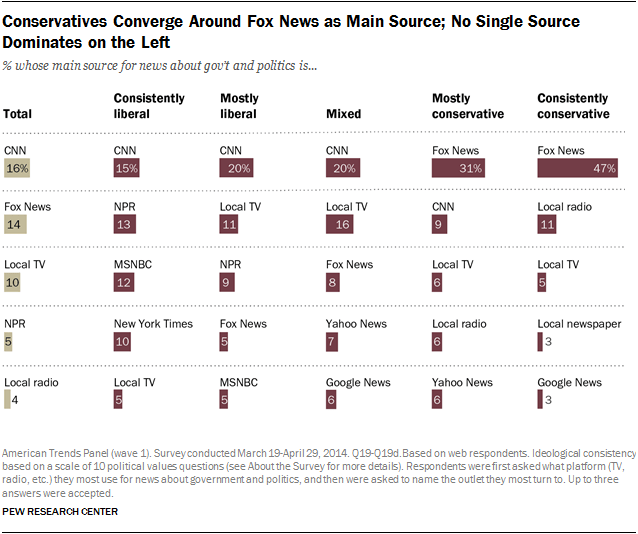Last month I took a look at a question with some relevance to me personally: should I buy a new car? In a similar vein, this week I’d like to take a look at a question that a lot of my peers are currently facing, and one that I faced myself a few years ago. That is, I’d like to take a look at whether going back to school to get an MBA is worth it or not.
This is an example of a cost-benefit analysis. Cost-benefit analyses can aid our decision-making in a lot of situations. They can be used to figure out:
- which R&D project a company should devote resources to
- what price to buy a factory for
- whether you should make an investment in your own education
The basic idea behind a cost-benefit analysis to see if an MBA is worth it is 1) measure the total costs of getting an MBA, 2) define a baseline against which we will measure the “MBA bump”, 3) measure how much we can beat this baseline by, by getting an MBA, and 4) somehow account for the timing of these costs and benefits.
Continue reading “Should You Go for an MBA?”

